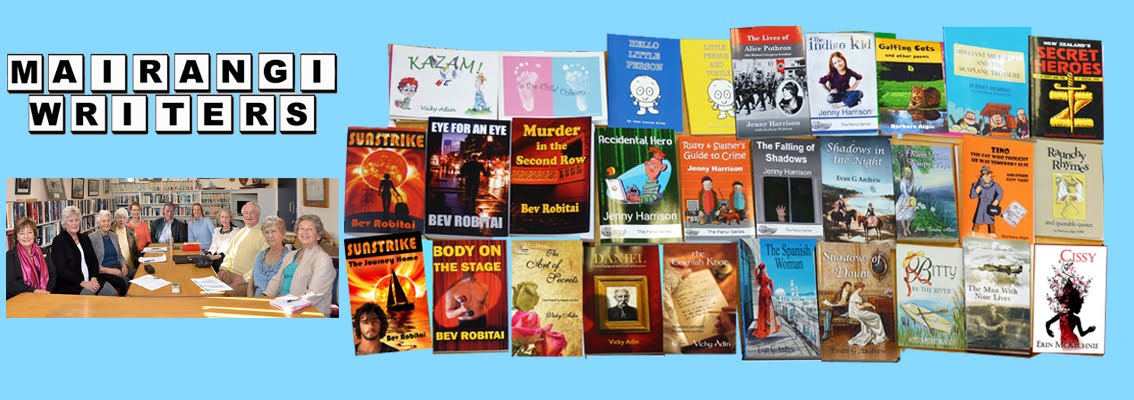Filmstruck!
On Sunday I saw my last film at the 47th
NZI Film Festival. I used to go to heaps of them years ago,
but in recent years July has been the month I go traveling overseas, in search
of sun to escape the dreary winter. This year though, I was at home, so on
going through the catalogue I was more than pleasantly surprised by not only
the variety, but the quality of the films to be shown.
As is usual with me, I picked out about
twenty films I wanted to see, then perused it again later and took out most of
the commercial type films I knew would come back for general release. Finally I whittled it down to six I knew I
could manage, and this was a mixture of documentary and fictionalized films. All were good, and very different.
Perhaps my favourite was ‘Crossing
Rachmaninoff,’ a wonderful romantic story of Italian-born Auckland pianist
Flavio Villani. Producer Rebecca Tansley has done a
brilliant job with this documentary of a delightful personality in Flavio,
which was filmed here in Auckland and Italy and is a Must See! I am sure it will come back for general
release, and I cannot urge strongly enough, to anyone who reads this, to make
the effort to go and see it. Truly wonderful on all accounts.
‘Around The World in 50 Concerts,’ was
another delight, which left everyone in the theatre leaving with just one wish,
to see it all over again. It must come on the Arts channel, and again I hope it
gets brought back for general release.
‘Peggy Guggenheim, Art Addict,’ was another
fascinating look into the life of this extraordinary woman, and the early film
footage explained much about her that I never knew.
The Australian director Gillian Anderson
has also done a brilliant job with ‘Women He’s Undressed,’ a fascinating title,
for a fascinating documentary about the (little known today) Australian
Hollywood costume designer 0rry-Kelly who dressed the stars from the thirties
to the sixties. I feel sure that must come back for release.
‘Saint Laurent,’ beautifully filmed and
acted, (but too long), will certainly be commercial, like the moving and
poignant, ‘45 Years,’ with Charlotte Rampling and Tom Courtenay.
There was a total of 155 films shown over
the two weeks, and interesting for me, was the fact that ten of the films were
either adapted from a book, or based on a story. Not a high percentage I thought.
So
come on you film producers and directors. The Mairangi Writers have got lots of
excellent stories that would make wonderful films that the world could enjoy. And, wouldn’t we just love to see our name
in the credits, on the BIG screen!
Evan Andrew
